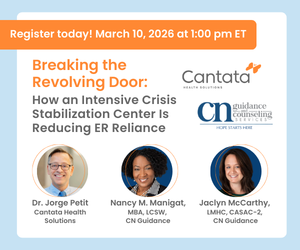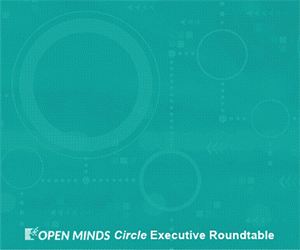Advancing Trauma-Informed Practices: Bringing Trauma-Informed, Resilience-Focused Care To Children, Adolescents, Families, Schools & Communities
A White Paper From The National Institute for Trauma & Loss In Children
By: William Steele, Psy.D. and Caelan Kuban, LMSW
The purpose of this paper is threefold:
1) To define the primary experience of trauma in order to support trauma-informed care grounded in evidence-based research, neuroscience and the essential components of trauma-informed practices,
2) To view trauma not as a diagnostic category but as a series of experiences that result in survival driven behaviors, thoughts, emotions, sensations and needs unique to traumatized children which are often misinterpreted and assigned as symptoms of disorders other than . . .

